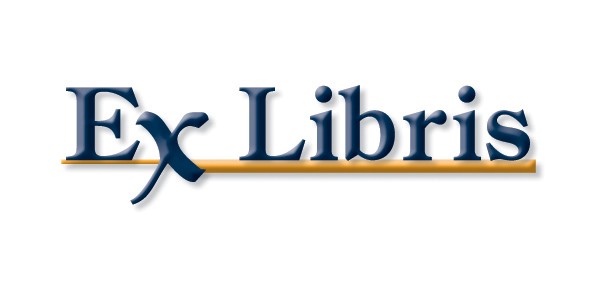Organisers

CERN Library (http://library.cern.ch/)
CERN is the European Organization for Nuclear Research, the world's largest particle
physics centre. The Scientific Information Service (currently the DSU-SI group)
has for its mandate the management of the Library and the Historical and Scientific
Archives of CERN. The CERN Library not only acquires and manages information
resources in all fields of relevance to the Organization, but it also makes these
accessible in the most convenient way to the worldwide particle physics community.
The CERN Library has acquired considerable expertise in the area of e-prints
management.

LIBER:
Ligue des Bibliothèques Européennes de Recherche (http://www.kb.dk/liber/)
LIBER is a non-governmental association of the research libraries of Europe,
formed under the auspices of the Council of Europe and having the status of
a consultative body with that Council. LIBER represents and promotes the interests
of research libraries of Europe. The general aim of LIBER is to assist research
libraries in Europe to become a functional network across national boundaries
in order to ensure the preservation of the European cultural heritage, to improve
access to collections in European research libraries and to provide more efficient
information services in Europe.

Open
Archives Initiative (OAI) (http://www.openarchives.org/).
The OAI develops and
promotes interoperability standards that aim to facilitate
the efficient dissemination
of content. The Open Archives Initiative has its
roots in an effort to enhance access to e-print archives
as a means of increasing the availability of scholarly
communication.

The Open
Society Institute's Information Program promotes the equitable deployment
of knowledge and communications resources - providing access to content,
tools, and networks - for civic empowerment and effective democratic governance.
The Program focuses on seven areas: internet policy; technology support for
civil society organizations and networks; Information Communication Technologies
(ICT) Toolsets; library consortia for developing countries (EIFL); open access
to research literature; intellectual property; citizen-government communication;
and translations.
 
SPARC and SPARC
Europe
SPARC and
SPARC Europe are international alliances of research
institutions, libraries and organizations that
encourage competition in the scholarly communications
market. SPARC and SPARC Europe aim to introduce
new solutions and models to scientific journal
publishing, facilitate the use of technology to
expand access, and partner with publishers that
bring top-quality, low-cost research to a greater
audience. SPARC and SPARC Europe strive to return
the scholarly literature to scholars.
SPARC Europe has over
100 members in 14 European countries, while SPARC
has over 200 members, mainly in North America.
For more information: sparc@arl.org
...And in particular,
the OAI4 organising committee.
|





